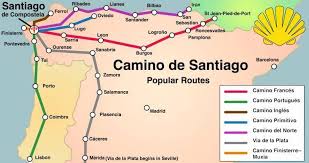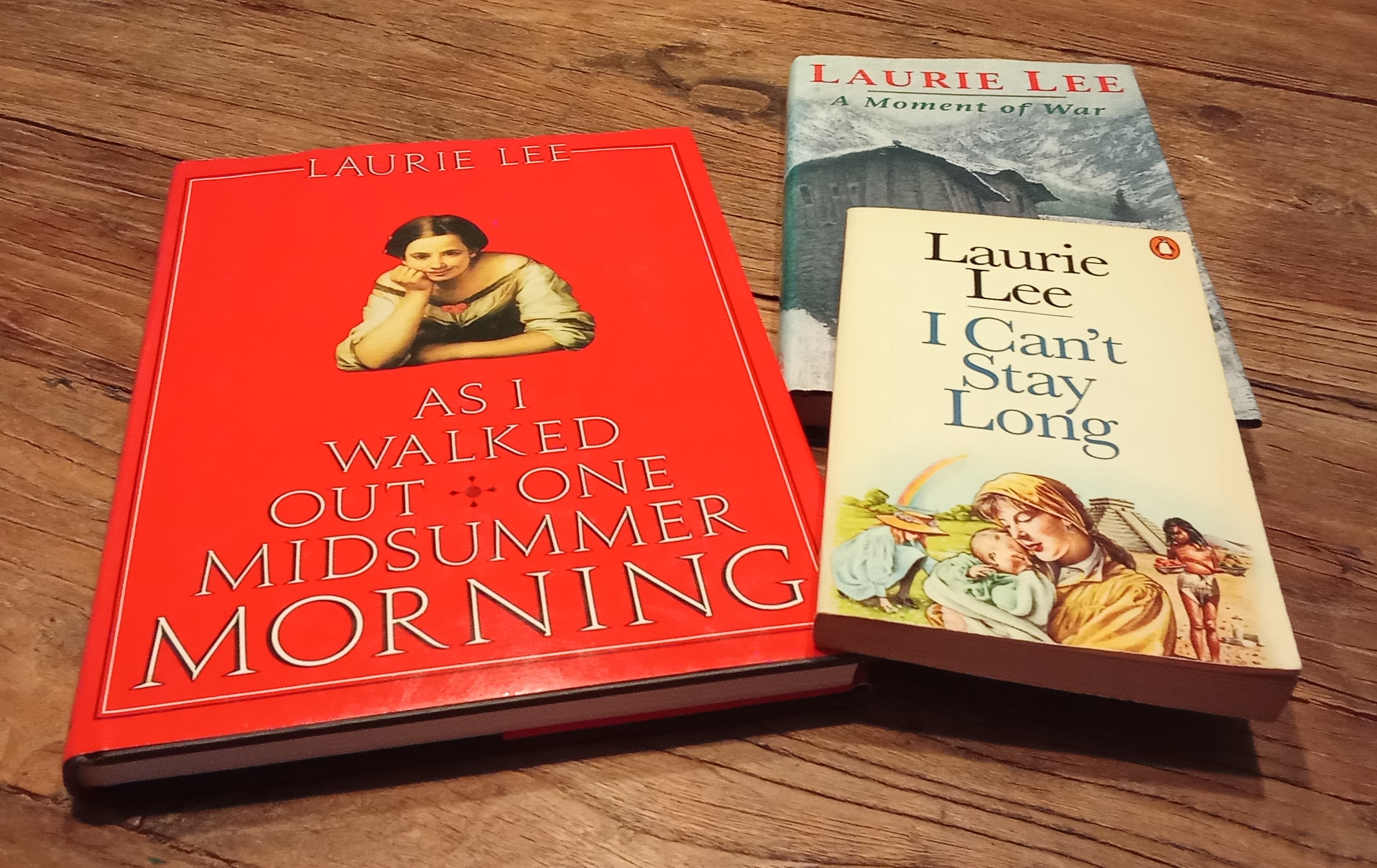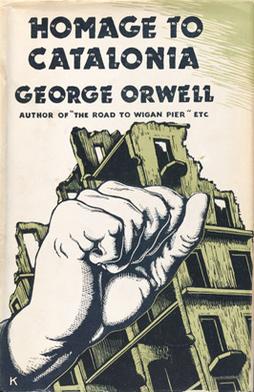The Camino de Santiago
 I first heard about this pilgrimage route when I was an undergraduate studying Spanish in the north west of England. Then The Camino kept cropping up.
I first heard about this pilgrimage route when I was an undergraduate studying Spanish in the north west of England. Then The Camino kept cropping up.
[Map courtesy of Facebook]
Several writers on Spain referred to it. I went on a course through the European Union Socrates programme which was held in one of the starting points, Jaca (Aragon).
Two parishioners from my local church in Cheshire did the walk and gave a talk in church one evening with slides, which I attended.
Hollywood star Shirley MacLaine wrote a book after she had walked the route.
There was a TV series and several films. As it happens I live not far from the approved southern route.
Why this article now?
 Today at my libreria in Ronda, I stumbled across a great illustrated book on the Camino. At just 19,95 euros I couldn't resist it. A belated birthday present from me to me.
Today at my libreria in Ronda, I stumbled across a great illustrated book on the Camino. At just 19,95 euros I couldn't resist it. A belated birthday present from me to me.
I regret not walking The Camino when I was younger and fitter. Now, aged 75, I will not be able to manage it. Covid-19 left me with issues of balance, mobility and breathlessness, so, unless I do it by car, which I shan't, I will have to continue to enjoy The Camino vicariously.
Indeed the book I bought, "Atlas Ilustrado del CAMINO DE SANTIAGO", stated on the back cover:
"Es una obra para disfrutar de la cultura y los pueblos del Camino, tanto si se piensa en hacerlo como si ya se ha hecho o solo se desea conocerlo desde casa."
[Photo by Paul Whitelock]
The Camino at 20
When I started to study Spanish ab initio at Salford University in 1968, I knew very little about Spain. That changed quickly once we got into the course and even more so when we were sent on our six months to San Sebastian.
I started to hear about the Camino de Santiago and realised it was a big deal. The cathedral in Santiago de Compostela, the ultimate destination and endpoint, is one of the most popular pilgrimage sites in Europe. There are six official routes starting at different points around Spain.
More on the Camino
Washington Irving, Laurie Lee and George Orwell all mentioned the Camino in their writings.
.jpg)


[Photos (L to R): Wikipedia; Paul Whitelock; Wikipedia]
Jaca 1998
A quarter of a century into my career in education (15 years as a languages teacher and then as a schools adviser and OfSTED inspector) I got the chance to attend a European Union Socrates Programme Spanish course in Jaca, Aragon. The course was a refresher course for professional linguists from across Europe.
Those two weeks over 25 years ago remain amongst the highlights of my life. I went with my girlfriend at the time, a languages advisory teacher based in London. Anne was predominantly a French expert with some Spanish and needed to improve her level of Spanish. I had been "out of the classroom" for nearly 10 years, so I had become somewhat rusty and needed a refresher.
We flew from Gatwick to Tarbes in France, hired a car and headed off to Aragon via San Sebastian and Fuenterrabia. A night in the Hotel Niza on the bay of La Concha in the elegant Victorian resort followed by a night in the Parador in Fuenterrabia, arguably one of the best paradores in the near-100-strong chain.
 When we got to Jaca and checked in to the training centre of the University of Aragon, we learned that this Pyrennean town was the starting point for one of the northern routes of the Camino de Santiago. The place was heaving with pilgrims/walkers.
When we got to Jaca and checked in to the training centre of the University of Aragon, we learned that this Pyrennean town was the starting point for one of the northern routes of the Camino de Santiago. The place was heaving with pilgrims/walkers.
"We should walk the Camino one day," I pronounced. Of course we never did, as our relationship sadly ended the following year.
Jaca, Aragon [Facebook]
Oviedo 2002
 My next "contact" with The Camino came when I took part in a EU Study Visit to Asturias to look at early years foreign language provision. A foreign language, usually English, is compulsory in Spanish schools from the age of three.
My next "contact" with The Camino came when I took part in a EU Study Visit to Asturias to look at early years foreign language provision. A foreign language, usually English, is compulsory in Spanish schools from the age of three.
On of the northern pilgrimage routes passes close by Oviedo, the town in which we were based.
Apart from the course which was excellent and the visits to schools, I drank cider in the traditional way, enjoyed a different part of Spain and - ahem - had a little dalliance on the side. With a very open-minded German headteacher.
Oviedo [Turismo de Asturias]
Thelwall, Cheshire
 John and Joan Arthurs, neighbours of ours, walked The Camino the year they both retired from work.
John and Joan Arthurs, neighbours of ours, walked The Camino the year they both retired from work.
They gave a presentation with slides, anecdotes and not a little humour at All Saints Church in Thelwall.
I attended and felt inspired by their achievement.
[https://allsaints.org.uk]
Shirley MacLaine
 Her book "The Camino" was, for me, a disappointment. It was more a book about her mental state at the time.
Her book "The Camino" was, for me, a disappointment. It was more a book about her mental state at the time.
[Photo: Paul Whitelock]
TV Series
 In a 2018 three-part travelogue series for BBC Two, seven famous faces were stripped of their everyday comforts to live as modern day pilgrims as they set out on the famous medieval pilgrimage, the Camino de Santiago.
In a 2018 three-part travelogue series for BBC Two, seven famous faces were stripped of their everyday comforts to live as modern day pilgrims as they set out on the famous medieval pilgrimage, the Camino de Santiago.
L to R: Kate Bottley, Raphael Rowe, Neil Morrissey, JJ Chalmers, Ed Byrne, Debbie McGee and Heather Small [BBC]
With just over a fortnight to tackle this ancient path, actor Neil Morrissey, entertainer Debbie McGee, comedian Ed Byrne, singer Heather Small, priest Kate Bottley, journalist Raphael Rowe and TV presenter JJ Chalmers hiked through France and northern Spain to the Cathedral of Santiago de Compostela and the shrine of St James.
The group - made up of a variety of faiths and beliefs, including Christian, atheist and humanist - lived as simple pilgrims. But did this journey of a lifetime change the way they thought about themselves and their faith?
The pilgrimage sorted the seasoned walkers like Ed and JJ from the strollers, such as Neil, who soon realised he might not be prepared for the task ahead. As a former Catholic, and now atheist, Neil soon discovered that the arduous experience was not bringing him any closer to God.
Meanwhile, Kate’s faith took a knock as she struggled to keep up with the group, while Raphael refused to be swayed by anything religious - in prison he clung to hope, not God, after serving time for a crime he did not commit. For Debbie, she found solace in a fellow traveller after opening up about the loss of her husband, the late magician Paul Daniels.
As they moved along the route through vast mountain ranges and stunning landscapes in France and Spain, the group explores their differing religious beliefs, bond over the physical task and find humour when they realise what living like a simple pilgrim entails.
 The Film "El Camino" (The Way)
The Film "El Camino" (The Way)
This was a fictional Hollywood film from 2010, which starred Martin Sheen and was directed by his son Emilio Estevez.
A father (Sheen) heads to Spain from the USA to recover the body of his estranged son, who died while walking the "Camino de Santiago", and decides to complete the pilgrimage in honour of his son.
I've not seen the film, but I will have a look sometime soon.
[Image courtesy of Amazon.es]
Me and the Camino
 On my bucket list for 2025 is a visit to Galicia, the only one of Spain's 17 regions I've never visited. That will include a visit to Santiago de Compostela, the ultimate destination of all the pilgrimage routes along The Way of St James.
On my bucket list for 2025 is a visit to Galicia, the only one of Spain's 17 regions I've never visited. That will include a visit to Santiago de Compostela, the ultimate destination of all the pilgrimage routes along The Way of St James.
Otherwise, as I indicated earlier my experience of The Camino will be vicarious, ie at a distance.
Photo of Santiago Cathedral [Turismo de Galicia]
© The Spanish Fly
Links:
BBC 2: 'Pilgraimage - The Road To Santiago'
The best movies and series based on the Way of St. James - I Love Compostela
Photos:
amazon.es, BBC, Facebook, IMDb, Paul Whitelock, Turismo de Galicia, Wikipedia
Thanks:
Paul Whitelock, Wikipedia
Tags:
All Saints Church Thelwall, amazon.es, Aragon, Asturias, "Atlas Ilustrado del CAMINO DE SANTIAGO", BBC, Camino, Camino de Santiago, cider, Debbie McGee, Ed Byrne, Emilio Estevez, European Union Socrates programme, EU study visit, Facebook, Fuenterrabia, George Orwell, Heather Small, Hotel Niza, IMDb, Jaca, JJ Chalmers, John and Joan Arthurs, Kate Bottley, La Concha, Laurie Lee, Martin Sheen, Neil Morrissey, Oviedo, Parador, Paula, Paul Daniels, Paul Whitelock, pilgrimage, Raphael Rowe, San Sebastian, Shirley MacLaine, "The Way", Turismo de Galicia, Washington Irving, Wikipedia, YouTube